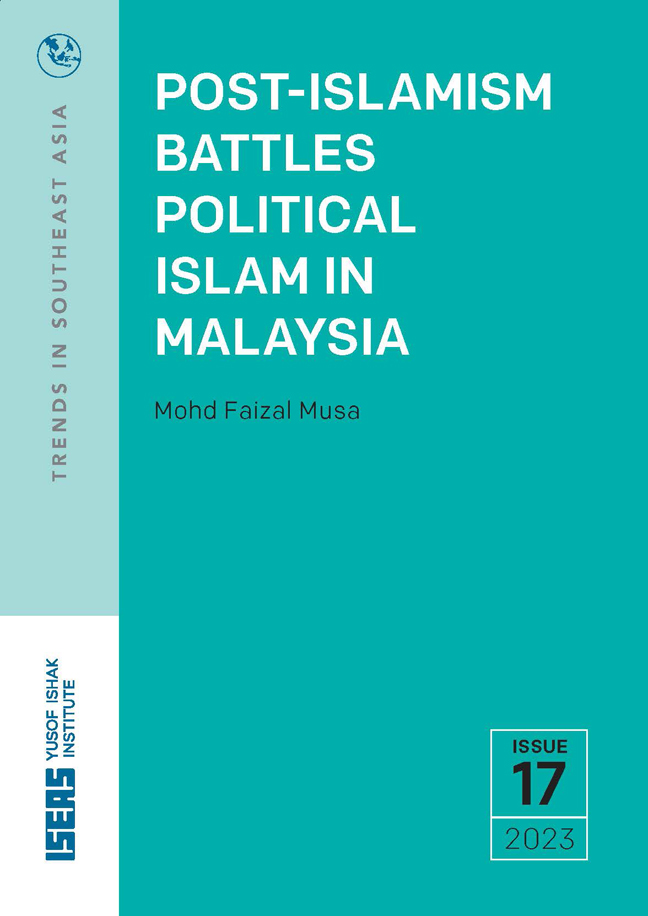Post-Islamism Battles Political Islam in Malaysia
Published online by Cambridge University Press: 26 March 2024
Summary
INTRODUCTION
This paper looks at the ideologies of political Islam and post-Islamism in the Malaysian context. In conducting a historical survey of Malaysian politics, I postulate that while Abdul Hadi Awang and his party Parti Islam SeMalaysia (PAS) are Islamists, Anwar Ibrahim is a post-Islamist. The battle between the two was both intense and sharp, and the results show that there will certainly be sequels to come. Although Anwar finally managed to become prime minister, the aftermath of the 15th general election (GE15) and the results of state elections in Kelantan, Terengganu, Kedah, Penang, Selangor and Negeri Sembilan on 12 August 2023 illustrate that political Islam is growing in strength. This is most evident in the fact that PAS currently has a whopping forty-three seats in the Malaysian parliament, controls four states, and has significant numbers of seats in the state assemblies of Perak, Selangor and Pahang.
Over the years, there has been much debate about what is commonly referred to as political Islam, or Islamism. According to Andrew March, political Islam should be understood “in the broadest sense possible as the range of modern political movements, ideological trends, and state-directed policies concerned with giving Islam an authoritative status in political life”. The goal of political Islam is to “create an ‘Islamic state’ or to fuse ‘religion and state’ (din wa dawla)” (March 2015, p. 17.10).
The core business of political Islam is undoubtedly centred on aspects of morality. It focuses on how to use political tools and means to regulate people according to the teachings of Islam as understood by these players. Furthermore, it is not monolithic. As March put it, “political Islam by and large belongs to the right of the political spectrum, but it would be a mistake to see it as a single movement or ideology. Islamist trends range from left-leaning populist protest movements to ultraconservative movements devoted more to social control over morality than to economic redistribution” (ibid., p. 17.2).
The agents of political Islam themselves maintain that Islam is a way of life, and thus should be the only governing factor and core principle in every aspect of life, including governance (Meijer 2009). This idea has led to a power struggle between the Islamists and those they dub as secularists.
- Type
- Chapter
- Information
- Post-Islamism Battles Political Islam in Malaysia , pp. 1 - 40Publisher: ISEAS–Yusof Ishak InstitutePrint publication year: 2023



